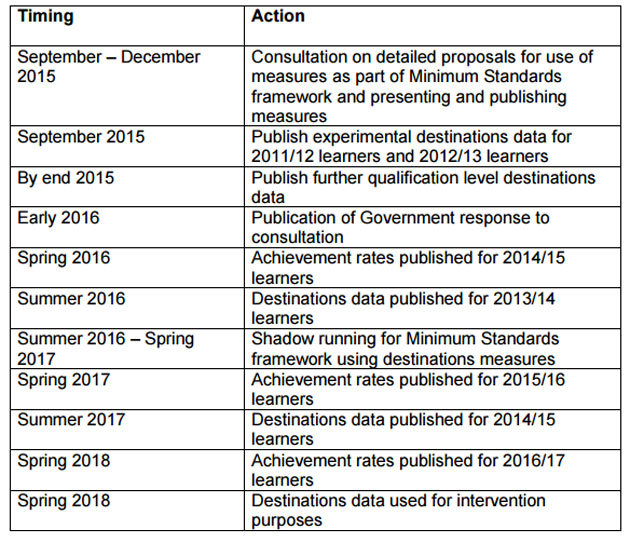David Sykes has officially started in his role as managing director of FE and skills solutions specialist FEA.
He joins at a time of change for the organisation as it rebrands from FE Associates and brings together the company’s performance improvement division, BW Consultants.
Under the new brand, FEA will concentrate on transformational solutions for quality, management information systems, curriculum, finance, interim management and executive search, among others.
Mr Sykes, who moves from his position as managing director of training provider The Skills Network, said: “With the announcement of area reviews, a prolonged period of funding cuts, and the introduction of a new inspection framework the FE and skills sector is undergoing change on a scale not seen since incorporation in 1993.
“By changing the way we operate and bringing together all our services under one united entity, we believe we will be in an even stronger position to help FE and skills providers not only deal effectively with change but also improve outcomes for their organisations and, most importantly, their learners.”
Mr Sykes has previously held roles as a partnership director at The Learning and Skills Council and was a lead inspector with the Adult Learning Inspectorate. He is a current Ofsted inspector.
In Ipswich, Perry Perrott has been appointed director of business development at Suffolk New College.
The 49-year-old will work to develop the college’s commercial activities. His aim is to develop initiatives and build relationships with the local business community to generate increased revenue.
“Our vision is very clear: we need to engage the community, we need to engage businesses, be honest, be up front, and deliver on time, ahead of expectations,” said Mr Perrott, who previously worked at South Worcestershire College as director of curriculum and then director of business.
“A big part of that is stakeholder management. It’s talking to people, getting to know people, giving them what they want, not what we want to deliver, and also being a college which is versatile and can adapt, one that can work within business timeframes and business service level agreements.”
As well as totting up more than 18 years in the FE sector, Mr Perrott has held an array of high-level positions in different professions, including sport with Gloucester Rugby, where he was employed as a video analysis coach.
And awarding organisation (AO) NCFE will welcome former Loughborough College principal Esme Winch as its first managing director come January.
Ms Winch said she was “delighted” at her appointment “at a time of such rapid change and development” in the sector.
“NCFE’s well-recognised strengths underpin an ambitious and confident outlook on the future,” she added.
Heather MacDonald, who was principal of Sheffield College until June, replaced Ms Winch at Loughborough College as interim principal on October 1.
The Newcastle upon Tyne-based AO has also unveiled chartered accountant Phil Murray as commercial and financial director. The role was previously known as director of business services, and was most recently held by Graeme Walker, who left the post in September last year.





